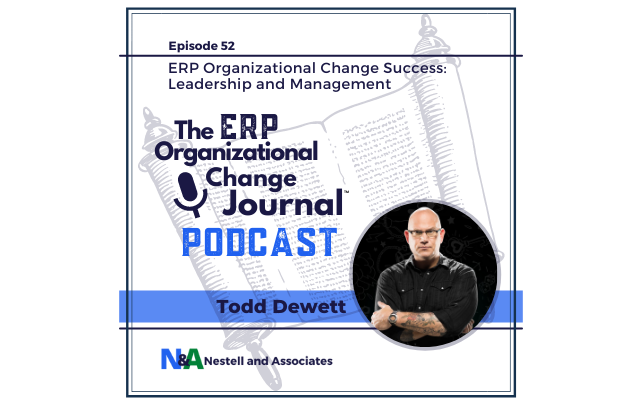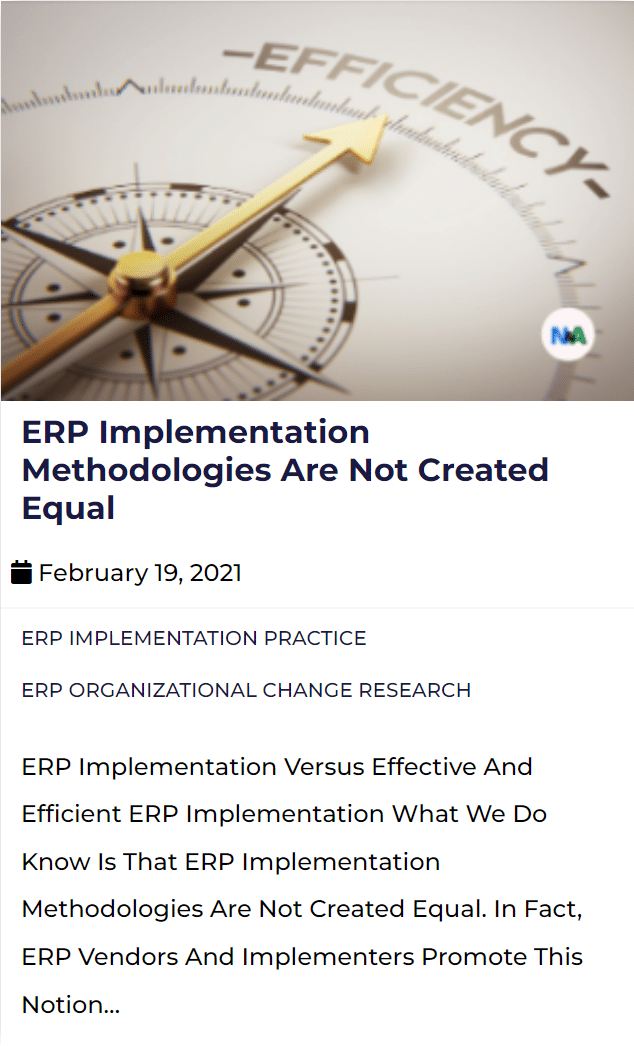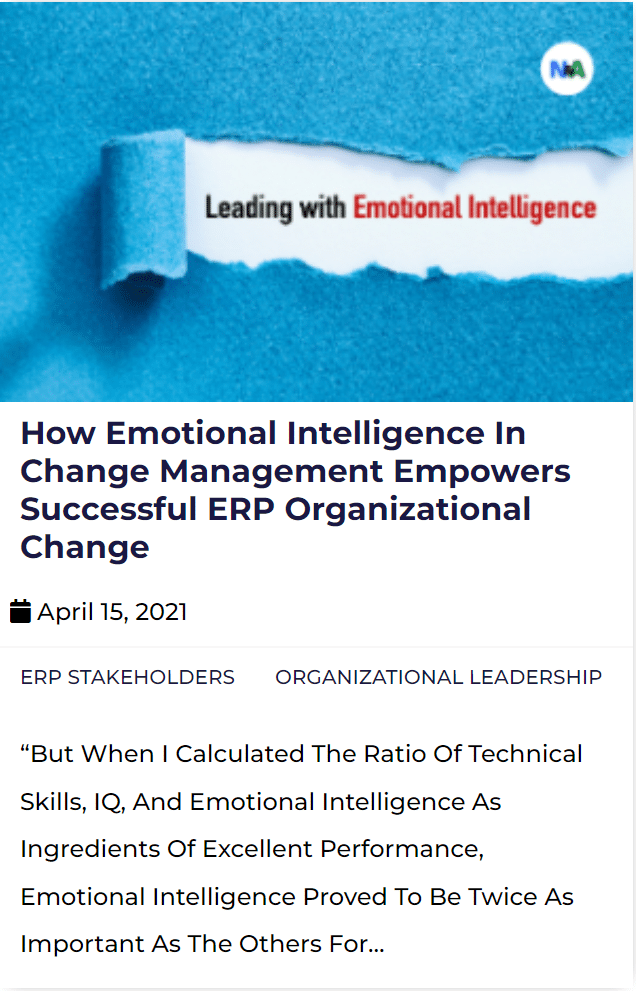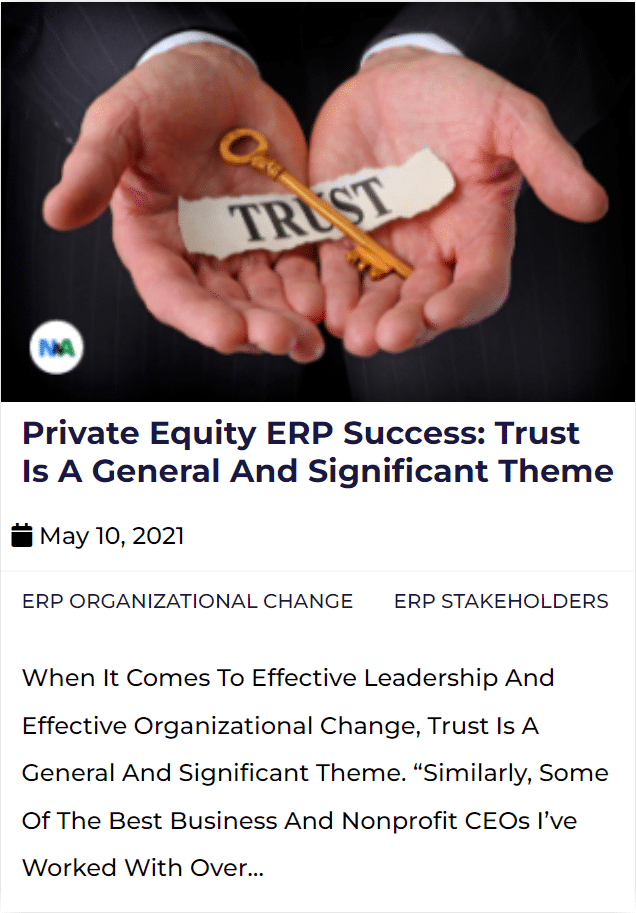What Is Organizational Change?
To understand what organizational change management is, you first need to define organizational change. Organizational change is any action a company or business undertakes to alter a major component of its organization, whether that be infrastructure, technology, internal processes or culture.
Many factors can force a company or business to make an organizational change, the most common being a merger or acquisition. Some of the most notable components of M&A include:
- Adding new leadership in a department
- Changing the organizational structure
- Adopting and implementing new technologies
Organizational Change Management Definition
Organizational change management is the process of directing a company’s organizational change to a complete and successful resolution.
The 3 phases of organizational change management are:
1. Preparation
In the beginning phase, the roadmap for change is created. Objectives, goals and measurement tools are identified. An audit of current processes and technologies will help determine where the company wants to go in the future.
2. Implementation
In this phase, the established plans are enacted. The processes are tracked to ensure the transition remains on course and the changes are successfully implemented. A lot of time is spent working with people to make sure they understand and are comfortable with the organizational change.
3. Follow-through
In the third phase, leadership must reinforce and maintain the change until it has time to be fully accepted, measured, and judged. A business will look at what went well during the change, what could have been done differently, and how future changes can be even more successful. A plan should be put in place to continue evaluating the change at regular intervals to monitor and ensure the changes are fully embedded successfully in the organization.
Why Is Organizational Change Management Important?
Organizational change management is important for companies to be able to succeed and grow. Change management drives the successful adoption and usage of change within the business. It also:
- Allows employees to understand and commit to change
- Can increase employee morale and engagement
- Impacts efficiency and quality of work
- Drives positive teamwork and job satisfaction
Effective organizational change management allows a business to maintain a constant state of growth and evolution, which is good for the company and allows employees to feel comfortable with change.

Why Hire A Consultant To Assist With Organizational Change?
As companies navigate the intricacies of organizational change, the process can quickly become overwhelming, creating challenges that can leave partners, employees, and customers feeling uncertain about the future. Having experienced guidance is critical to any major change in your organization’s structure.
At Nestell & Associates, we understand how important organizational change management is.
Our consulting for organizational change begins with a change readiness assessment, where we conduct a full analysis of your company structure and develop a customized plan that meets the specific needs of your business. With nearly 30 years of experience in private equity M&A, our team understands the tools required for a successful organizational change. Contact us to learn how our suite of ERP solutions can resolve your current challenges.
Learn more about the value of applied research to ERP practitioners.
Related Podcast
Related Articles
About Nestell & Associates
Where People, Processes, and Technology Align
Nestell & Associates is a strategy and management firm. We can help you take your portfolio companies to the next level by demonstrating how to execute a scalable, methodical, and disciplined approach to ERP Organizational Change and Digital Transformation success.






